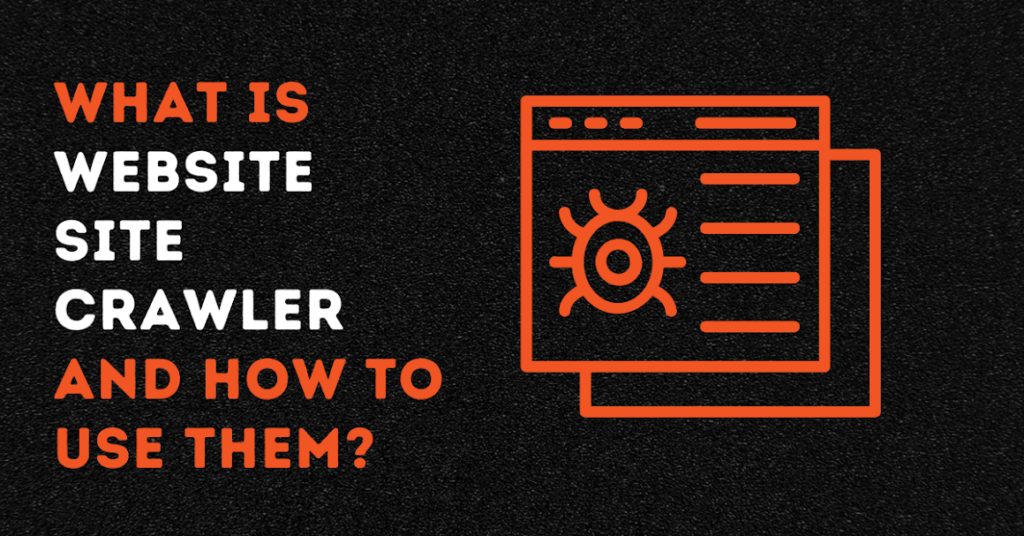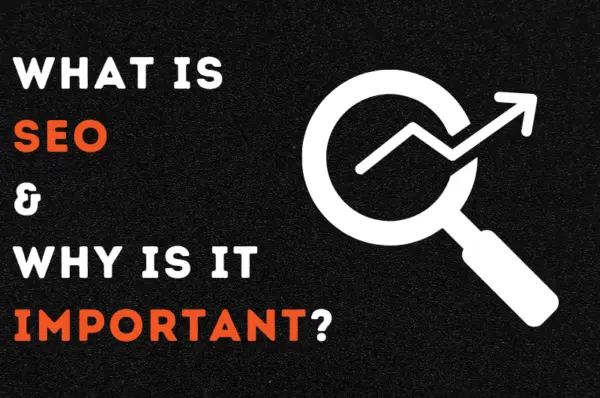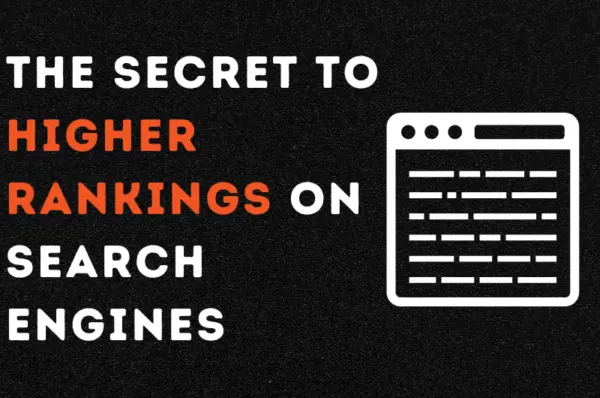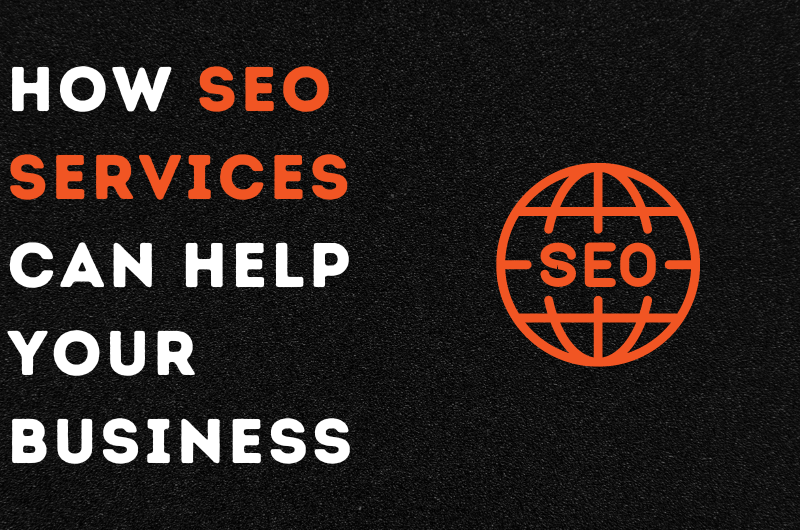As a newbie in SEO, few people know what is a web crawler, its importance, or a way to use it. Whenever it comes to technical SEO it can be a little tricky on how it works.
However, the important thing is when the search engine optimisation expert grasp the technical part they can better optimise the website and reach wider audiences.
Web crawler is also one of the crucial tool of technical SEO that plays vita role in website optimisation.
Every search engine, like Google, uses a web crawler to understand and read the website for ranking. Moreover, as an SEO expert, web, crawlers can be used to discover website issues and find opportunities to optimise the website better. It is also helpful to extract information from the competitors’ websites.
There are many web crawling tools available online for the help of search engine optimisation experts. Few are helpful in data collection, few help in SEO, and few might detect the issues in the website and present the risks.
Here in this blog, we will guide our readers about what web crawlers are, how they work, and how we, as SEO professional, can use them safely for the advantage of any website optimization. So, let’s get started:
What is a web crawler?
A web crawler is basically a bot that is used to access and process the website pages and understand the content. The web crawler has various names, such as spider, spiderbot, bot, and crawler. The crawling helps the website to index them according to the crawled content.
Search engines like Google or Bing do not have magic that informs them about websites that exist on the internet. They use web crawlers and then index them according to the relevant words, keywords, and phrases.
For instance, if you go to a grocery store somewhere, you will not know a new store is open until you walk down the aisles and check the products yourself. Once you find it useful, you will buy it.
The same goes for search engines, they use web crawlers as their assistants to search the pages before saving the web content to use for future searches.
How do web crawlers work?
A web crawler scans the three significant elements of the content from website pages, i.e., links, code, and content.
By crawling the content, bots assess the niche of the page. It helps the search engine algorithms to decide which page has the most valuable answers against the queries visitors are looking for when searching websites.
That is the reason keywords are considered most important strategically in SEO planning. The keywords are helpful in improving the search engine algorithms’ ability and connecting pages with the relevant searchers.
The web crawlers also crawl the web page HTML code while reading the content. Every website is composed of HTML codes that structure their pages and the content.
If the HTML code has Meta descriptions and details like alt image texts, it can help the web crawlers to understand the page’s purpose and content.
Simply put, using meta tags is one of the ways to give search engine crawlers helpful information about the page content so it can be indexed in a proper way.
The interlinking is the third important thing that is crawled by web crawlers. The Web crawlers crawl thousands of pages daily and follow a few pathways to make it possible. The pathways are determined mainly by the internal linking on the web pages.
For instance, if page 1 is linked to Page 2 within the content on it, the crawlers can follow the link and then process to page 2 directly from page 1.
Therefore, interlinking is considered as the crucial part of SEO. It is helpful for spiderbot in crawling and indexing every page that is found on the website.
Why crawl the website pages yourself?
With the help of crawling the website yourself, you can audit the pages effectively and find the issues before they leave effect on your website. If your website is difficult to crawl, it can cause a fall in ranking on SERP. You might be working hard on your website, but how can someone approach it when they cannot find it easily online?
Web crawlers’ tools can help in determining the website’s health. An audit performed by web crawlers is also a practical choice to find common errors and issues and resolve them. You can see the problems of web pages such as:
Duplicate content:
The web crawler is helpful to find duplicate content throughout the different URLs and make it problematic for search engines like Google or Bing to choose which version is more relevant to the intended user’s query. If you find such issues on your website you can use the 301 redirect option to resolve it.
Broken Links:
The web crawler shows the broken links that go to a page that no longer exists. It causes a poor experience for the user, increases bounce rates, and can damage the SERP rankings.
Page Tags/ titles:
The web crawler is helpful in finding any missing, long, or duplicate page titles that can leave a bad impression on the website and damage page rankings.
Conclusion:
So that’s all about the necessary details of what is web crawler. Remember that search engines never stop crawling web pages. It keeps crawling your web page and the competitors’. So, it is better to schedule the web audit yourself from time to time.
A remedy on time can save lots of damage in the future. It is helpful to keep you ahead of the competitors as well. In simple words, you cannot fix the problems of a website until you know what they are and web crawler tools can evaluate the webpage so you can stop guessing and start working on resolving.



